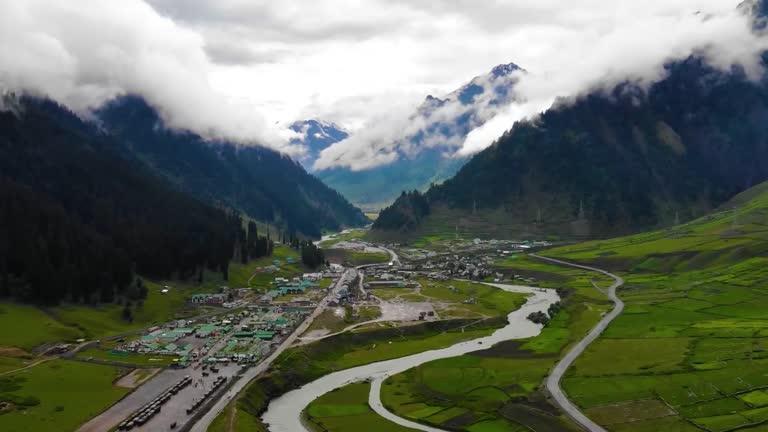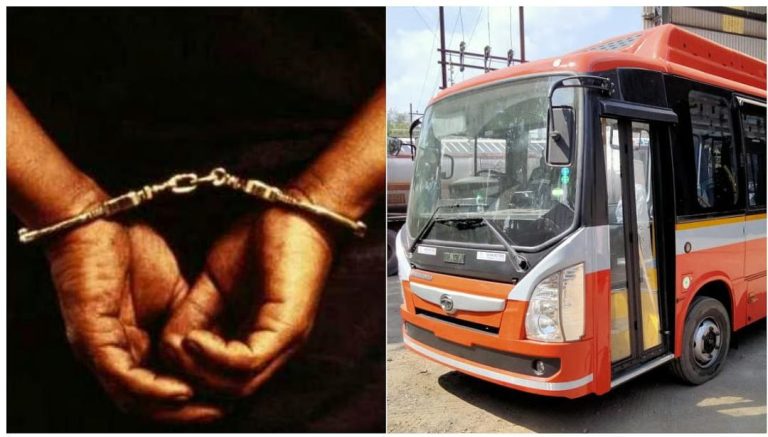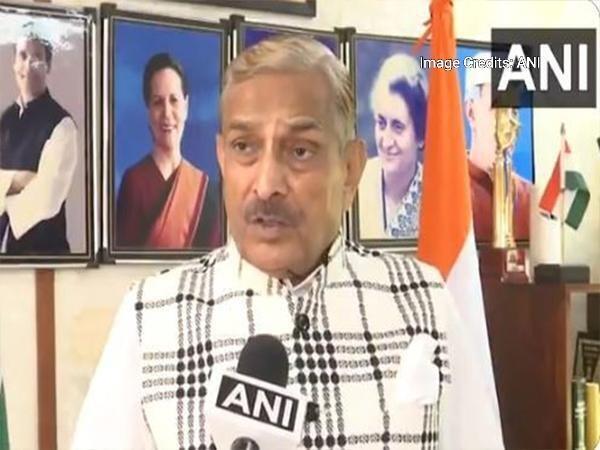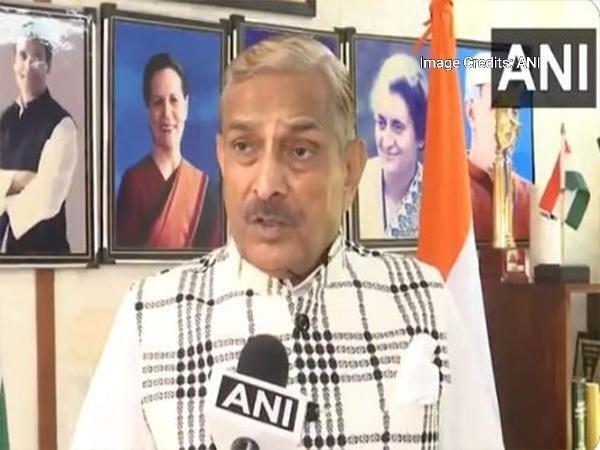
Over 83,000 non-state subjects received J&K domicile: State Govt
The state of Jammu and Kashmir has witnessed a significant surge in the number of domicile certificates issued to non-state subjects over the past two years. As per the latest data released by the Jammu and Kashmir Revenue Department, a staggering 83,000 people have received domicile certificates in the state. This move comes as a significant departure from the earlier regulations, which restricted domicile certificates to permanent residents of the state.
In a written reply to PDP’s Waheed ur Rehman Para, the Jammu and Kashmir Revenue Department revealed that 35,12,184 certificates were issued through the department in the last two years. This exponential growth in domicile certificate issuance has raised several questions about the government’s intentions and the potential implications of this move on the demographic makeup of the state.
The Jammu and Kashmir domicile certificate is a crucial document that grants individuals the right to reside, work, and own property in the state. Historically, the domicile certificate was reserved for permanent residents of the state, who are defined as individuals who have resided in the state for at least 15 years or have been born in the state. However, the recent relaxation in regulations has opened up the certificate to individuals who do not meet these criteria, leading to a significant influx of people from outside the state.
The influx of non-state subjects has been a contentious issue in the state, with many locals expressing concerns about the impact on the state’s demographics and resources. The relaxation in domicile certificate regulations has been criticized by many as a move that could alter the cultural and ethnic fabric of the state. Protests have been held in various parts of the state, with locals demanding that the government revisit its decision and restrict domicile certificates to permanent residents of the state.
The Jammu and Kashmir government has, however, defended its decision, stating that the move is aimed at promoting economic growth and development in the state. Officials have claimed that the relaxation in domicile certificate regulations will attract more investment and talent to the state, thereby boosting economic growth. They have also emphasized that the government has taken several measures to ensure that the influx of non-state subjects does not compromise the state’s resources or alter its demographic makeup.
Despite these assurances, many are skeptical about the government’s intentions and the potential implications of its decision. The relaxation in domicile certificate regulations has raised concerns about the potential impact on the state’s infrastructure, including housing, healthcare, and education. The influx of non-state subjects could put additional pressure on these resources, leading to a strain on the state’s infrastructure and a potential decline in living standards for existing residents.
Furthermore, the relaxation in domicile certificate regulations has also raised concerns about the potential impact on the state’s politics and governance. The influx of non-state subjects could lead to a shift in the state’s political dynamics, potentially altering the balance of power and leading to a change in the state’s governance structure.
In conclusion, the issuance of domicile certificates to over 83,000 non-state subjects in Jammu and Kashmir has sparked a heated debate about the government’s intentions and the potential implications of its decision. While the government has defended its move as a means of promoting economic growth and development, many are skeptical about the potential impact on the state’s demographics, resources, and politics. As the state continues to grapple with the implications of this decision, it is essential that the government takes a nuanced approach to addressing the concerns of residents and ensuring that the state’s resources are managed effectively.
Source:
https://thecsrjournal.in/non-state-subjects-received-domicile-certificates-last-two-years-jk-govt/





